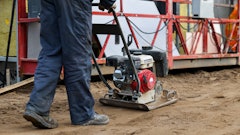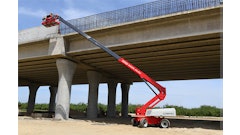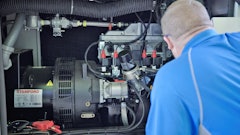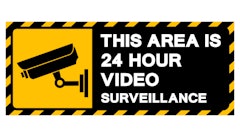
I am happy to share some of my thoughts for this year’s “Survival Guide” issue of this magazine. Perhaps next year, this issue could be renamed the “Survive and Thrive Guide.” Of course, many of the same principles of success are equally useful for survival as well as excelling in this increasingly competitive business. Here are just a few of my thoughts, reminders and other opinions for your consideration:
- First, and very importantly, don’t wait too long! If your company is in a downward trajectory, whether that trajectory is a steep one or has been gradual over a long period of time, don’t put off seeking professional, individualized advisory help. Putting off obtaining this kind of assistance can result in business failure. At times, struggling rental companies can be very actively growing their top line numbers but still be in danger of not surviving.
- Learn what computer reports you should be analyzing and how to use them to make better decisions.
- Have a comprehensive rental rate analysis conducted. This is a project that one should complete yearly with the initial guidance of an experienced rental business consultant.
- Keep your rental inventory fresh. Strategically replace equipment when it makes good business sense.
- Develop and implement an effective marketing plan.
- Concentrate additional attention on safety. There are so many safety facets in the rental business, including the vast array of rental equipment, customer safety, delivery vehicle safety, safety involved with your facility, production equipment and other safety considerations, but it is so important on a variety of levels to survival. Safety is well worth the effort and should be a priority.
- Make your company a more desirable place to work. There are noncompensation factors that many workers consider either before they accept a position with you (or before they decide to leave your company). There are plenty of people who are totally dissatisfied with their current jobs.
- Give employees the proper orientation and training. I am a firm believer in the importance of the initial, formative first week of the education process. It sets the stage for all the other equipment and technical training to come. In my 45-plus years in this industry, I have trained thousands of rental professionals and feel that the proper introduction to the culture of the company, the rental business and, of course, equipment basics, is vital to the success (and survival) of the entire team and the company.
- Develop new and better systems. Having a more organized, systematic way of doing things in day-to-day business activities removes some of the out-of-control and extremely dissatisfying aspects of working in a rental business.
- Pay closer attention to making the customer experience even friendlier. Customers do tend to give more repeat business to rental businesses that have a kind, friendly and helpful culture.
- Be sure your leaders are well-trained in not only the technical portions of their positions but also the “people part.” (Remember that workers tend to go to work for the job, but they tend to leave or stay because of their supervisor.) Most supervisors have never been taught to be good teachers. The skill of those in leadership roles will have a profound and lasting effect on the growth, strength and profitability of a company.
It really is amazing how much rental company owners and operators must know and juggle in this business—and how much untapped opportunity awaits those who are eager to learn even more.
![Photo Of Dick Detmer 60999537d4064[1] Headshot](https://img.forconstructionpros.com/files/base/acbm/fcp/image/2024/03/Photo_of_Dick_Detmer.60999537d4064_1_.65e72fd913082.png?auto=format%2Ccompress&crop=faces&fit=crop&h=48&q=70&rect=0%2C420%2C2336%2C2336&w=48)













![Building Angled Sm Edit 6050b8d213f1b[1]](https://img.forconstructionpros.com/mindful/acbm/workspaces/default/uploads/2025/09/building-angled-sm-edit6050b8d213f1b1.Ygq5aAos3b.png?ar=16%3A9&auto=format%2Ccompress&crop=focalpoint&fit=crop&fp-x=0.53&fp-y=0.23&fp-z=2&h=135&q=70&w=240)





